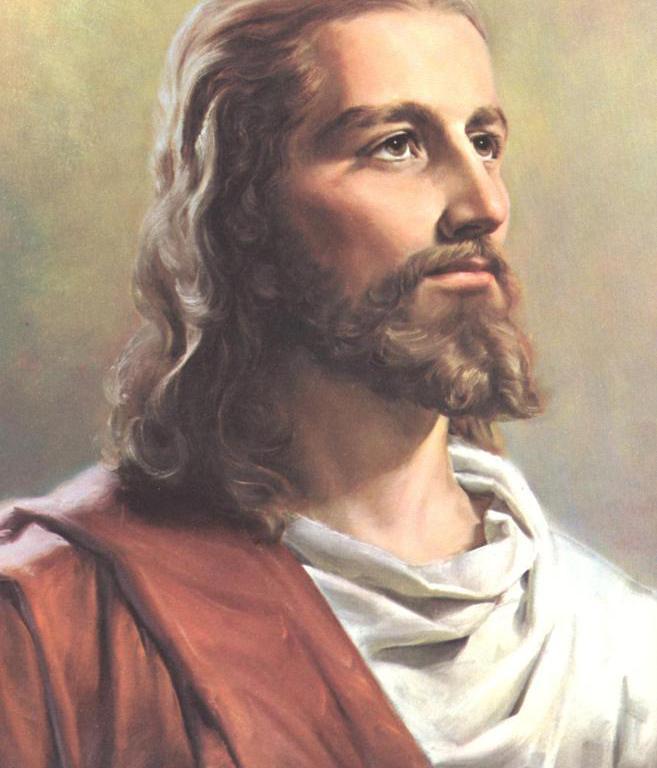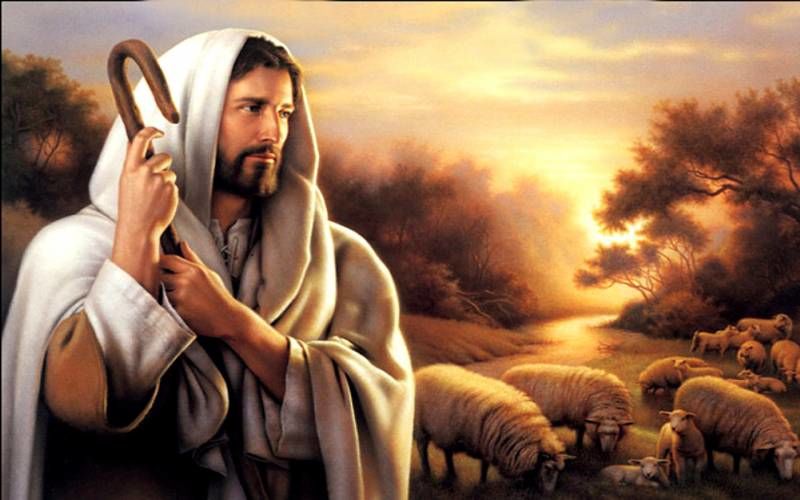The only way one can speak of the horrendous situation in the world today is if wisdom is stirring in human heart, and not just surging darkness. Otherwise, what’s the point of even talking about the present world?
 Although I’m a pessimist by nature and experience, I’ll err once again on the side, not of optimism, but of faith in humanity. Though this world is hopeless, another world is not only possible; it’s essential.
Although I’m a pessimist by nature and experience, I’ll err once again on the side, not of optimism, but of faith in humanity. Though this world is hopeless, another world is not only possible; it’s essential.
My core understanding of Jesus is that his mission died on the cross with him. After all, if his mission succeeded, what need would there be for a “Second Coming?” Paul and his followers deceived themselves and countless Christians in their wake by insisting Jesus was meant to die for our sins all along.
When Jesus said, “My kingdom is not of this world,” what did he mean? That remark, purportedly uttered to Pilate before he pronounced his execution, seems obvious in retrospect to both believers and non-believers alike.
I feel Jesus meant that the world of his time, as the world of our time, is beyond repair. But worlds come and go; it’s so-called human nature that remains the same. Can it change?
Man, the tribal animal, is history. Is the human being, a cosmic creature, about to be born? Is that what “Thy kingdom come, thy will be done, on earth as it is in heaven” means?
Throughout history, the timeless continually attempts to infuse the temporal through living human beings. Intelligence endeavors, without conflict and opposition (as ‘good vs. evil’) to prevail over the darkness that rules this and all previous worlds. Jesus was a great example, not a singular savior. His mission failed, but he did not.
In our time, malice and malevolence appears to have achieved complete victory, and the human spirit seems lost. But paradoxically, never has it been more possible for ordinary human beings to turn the tables on darkness so that humanity begins to live in imperfect harmony with the Earth and each other.
The cynic in me says, “Yeah, when hell freezes over.” But since hell is actually a very cold place, registering somewhere around absolute zero, I also hear the voice of Life affirm: “Don’t give up; humankind will make the turn, away from its self-made night.”
In a global society, the primacy of nations is the concern of small minds, pundits who remain shallow and mediocre no matter how much they travel.
In light of the overwhelming darkness in human consciousness, what meaning does forgiveness have? Those who act out of unseen darkness, whether they’re leaders of nations or the loon next door, will not and perhaps cannot stop themselves from doing so.
There is no distinction between the individual and the collective darkness when we don’t take complete responsibility for the darkness within us.
The dark forces consciousness (they are at once all too human, and not human at all) view forgiveness as weakness. They only know the calculus of winning, domination and submission.
That’s why forgiveness without consequences (a very different thing than punishment) emboldens conduits to keep acting out.
When a powerful or powerless person is an incorrigible conduit for collective darkness (in other words, evil), it means they’ve allowed themselves to become utterly weak, without character or conscience. Forgiving a recurring conduit, and then losing sight of their patterns and pathologies, only sets oneself up to be blindsided again.
What are people who have been wronged, and refuse to become victims, to do? Forgiveness is first and last an attitude and action within the individual, and only secondarily an understanding that occurs between two or more people. We’re all works in progress.
Forgiveness within and between people is the single most important act of human healing and harmony between individuals, and peoples.
Forgiveness enables us to move beyond man, the tribal animal that is forever slaking his thirst for domination and vengeance.
The antidote to tribalism isn’t the ideal of pluralism, that monstrosity of tolerance and tolerance of monstrosity which has contributed so much to the decline of the West.
The antidote to tribalism is to feel oneself first and last a human being, the simplest but hardest thing to be.
“Anxious, we keep longing for a foothold—
we, at times too young for what is old
and too old for what has never been.” Rilke
Martin LeFevre

